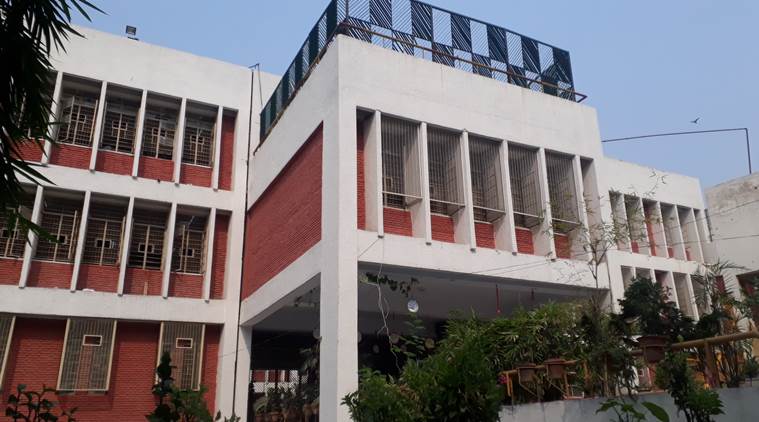
A revision in admission guidelines to Delhi government’s Sarvodaya Vidyalayas has made residence in Delhi an essential condition to apply — something that was not specified in previous years’ guidelines.
The guidelines for admission to nursery, kindergarten and class I in these schools for the 2019-2020 session, issued on Wednesday, state: “Children residing in Delhi in the vicinity of the school (if a Sarvodaya Vidyalaya is not available in the vicinity, then residents within a radius of 3 km of the schools) shall be eligible to apply.”
The guidelines for 2018-2019 admissions, on the other hand, read: “Children residing in the vicinity of the school (if a Sarvodaya Vidyalaya is not available in the vicinity, then residents within a radius of 3 km of the schools) shall be eligible to apply.” Earlier this month, The Indian Express had reported that education minister Manish Sisodia, in a letter to the Directorate of Education, supported the idea of making residence in Delhi a condition for seeking admission in Delhi government schools.
Director of education Sanjay Goel said this is a continuation of the earlier policy: “This was an executive decision by the government and there is nothing debarring it. While the Delhi School Education Act or Rules do not specify anything regarding this, this was already the principle being followed in schools. It has just been concretely stated now.”
This matter had reached the Delhi High Court a few months ago, when a resident of Ghaziabad sought to admit his three daughters to a Sarvodaya Kanya Vidyalaya in Anand Vihar. The petitioner said they were denied admission and asked to produce proof of residence in Delhi even though their residence is 2-3 km from the school. In a judgment dated December 18, 2018, the court directed the school to admit the three girls as it found “no available rule, guideline or instruction limiting the right of admission to Sarvodaya Vidyalayas, located in Delhi, only to children who are residing within Delhi…”
As per the new circular, the following documents can be presented as residence proof of Delhi: Parents’ ration card, domicile certificate, voter ID, electricity/water/MTNL bill, bank passbook, Aadhaar card or passport.
However, Dr Janaki Rajan, professor in education at Jamia’s Institute of Advanced Studies in Advanced Education, said these documents can be hard to produce for persons living on rent. “Delhi is a Union Territory, which means it’s for everyone from the Union of India. This needs to be tested in court. They want the labour of workers from other parts of the country, their produce, taxes from migrant labour, but are denying their children the right to education,” she said.
Advocate Ashok Agarwal, who works in the field of Right to Education, referred to the move as “unconstitutional” and “an act of voter appeasement”.